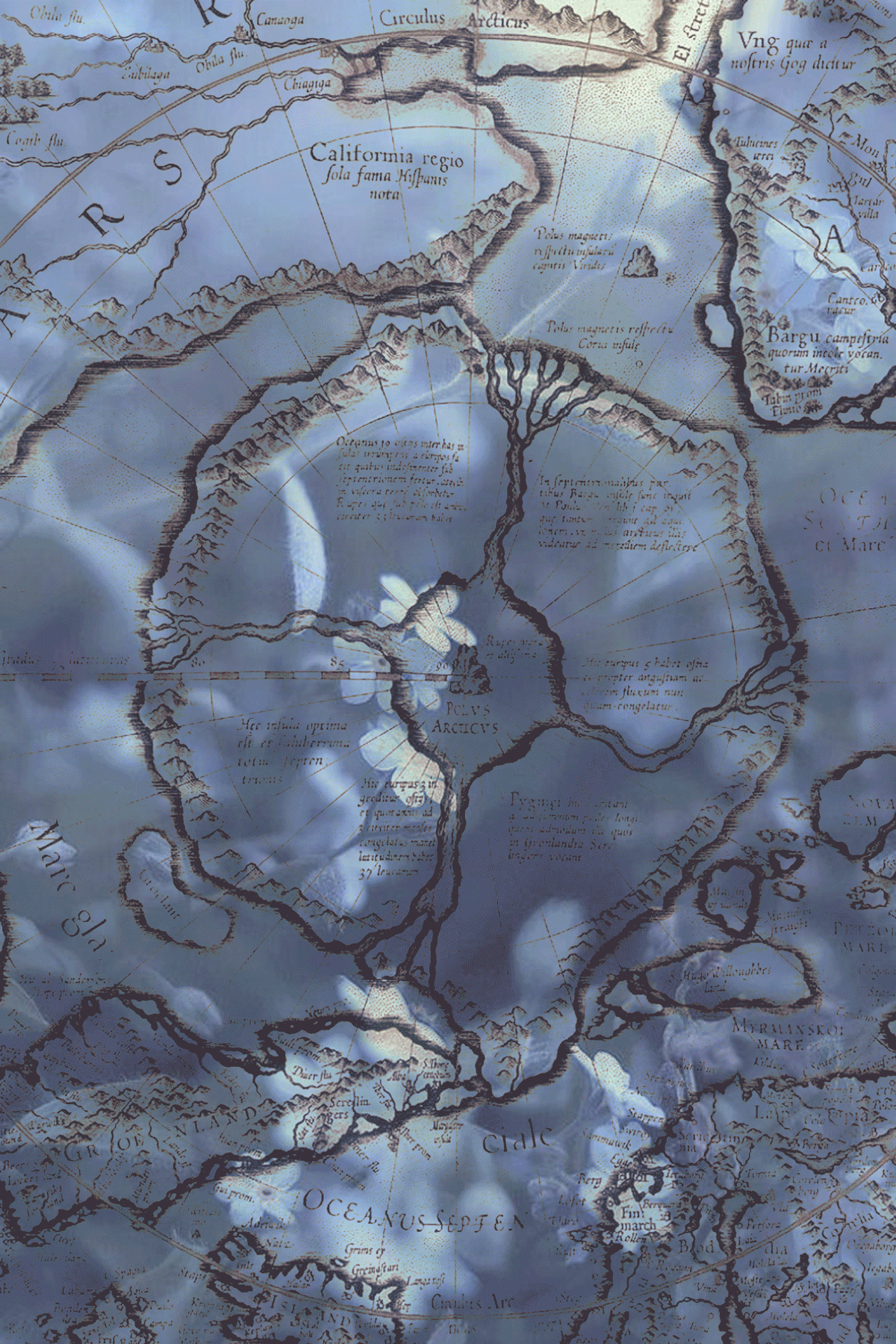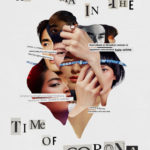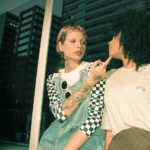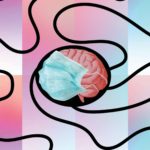However, this article reflects this initial reaction from the west, and to re-write this whole…
Am I European enough if shit hits the fan?
dealing with state institutions during the coronavirus outbreak28 May 2020
In times of corona, people are losing jobs and gigs at the pace of the disease's infectiousness.
The International Labour Organization estimated that 25 million jobs could be lost world wide, KLM Royal Dutch Airlines already let go of 2.000 full-time positions in the Netherlands, and over 100.000 lay-offs across industries are expected in Spain. Service workers, freelancers, market workers and other unofficial employees lost their daily income overnight.
Feeling overwhelmed at the thought of unexpected costs living from paycheck to paycheck has been a living reality for many, long before Corona. The current epidemic puts an unexpected number of people within the same precariousness and with that welfare structures across the globe.
Citizens are forced to apply for unemployment benefits and have to face state institutions when doing so. How does this affect those that were not born in the country they live in? What is it like to claim your rights when you did not acquire them by birth, but through naturalisation? I reflected on these matters when I lost my job — right before Corona hit. As mass firings take place today, I want to talk about the trauma that comes from dealing with state institutions, especially for those born without papers.
The irrational yet ingrained fear: Am I European enough if shit hits the fan?
My family and I received our Dutch passports about 22 years ago. I am in my late 20s today meaning I fully grew up in Europe. I was there when the Gulden got exchanged for the Euro>, when Willem-Alexander acceded the throne following Queen Beatrix’ abdication in 2013 (I do miss her fashionable hats), and I was there when right-wing parties started banning mosques in the Netherlands.
Like many today, I lost my job for reasons beyond my personal control. Living in Germany as an EU citizen, I can appeal to state institutions for [financial] support for the time being. One could say that via my Dutch passport and the richness of European culture I soaked up in these years, I officially have the right to call myself a European and apply for certain benefits when force majeure makes me loose income. I should feel safe knowing that with my EU passport, the same rules apply to me as to the Europeans that were born here, right? Intellectually and even practically: yes. On an emotional level, however, I notice my body reacts in completely irrational ways and I cannot help but think why?
I felt my jaw clench from nervousness when I stood in front of the Arbeitsamt in Berlin. My mind kept spinning between how I would lose my home and where to get a new job in these crazy times. It was as if a huge ball of guilt and panic piled up in my stomach, hollow from the lack of safety yet filled with an air of helplessness and a mistrust of whether the building in front of me would consider me eligible for financial support.
I am aware that there are people in our society that have much more reason to panic than I do with my perfect English, agreeable looks, and university degree in my pocket – unlike my male cousins who do not yet have their papers, speak with an accent, and appear threatening to these institutions due to their masculine, middle eastern looks. Yet, my fear was palpable.
“I am aware that there are people in our society that have much more reason to panic than I do with my perfect English, agreeable looks, and university degree in my pocket.”
I pulled a number from the ticket dispenser and went to sit on the sterile white metal chairs to wait for my number 13 to appear on the screen. All the while, I felt my stomach twist, my breath choke, and my hands get sweaty. My mind kept thinking of all the ways they could blame me for my current situation. I didn’t want to lose my job, I am a hard-working person, I promise, my internal self-narrator pleaded as it practiced how to convey my work-ethic.
My number appeared on the screen. I walked to the respective desk and sat in front of a German lady with short brown hair. She asked me for my papers. I was clearly over prepared – when I handed her a full dossier with copies of my work and rental contract, bank statements, doctor notes, and everything else, she gave me a gentle smile saying “I just need your passport for now.” I nodded and pulled out my passport with a forced smile. She must have noticed my nervousness because she responded with a reassuring smile that almost calmed me. After she typed and looked at her screen for a minute or five she gave me a follow-up appointment and informed me of the necessary documents to bring along. I kindly thanked her and walked away.
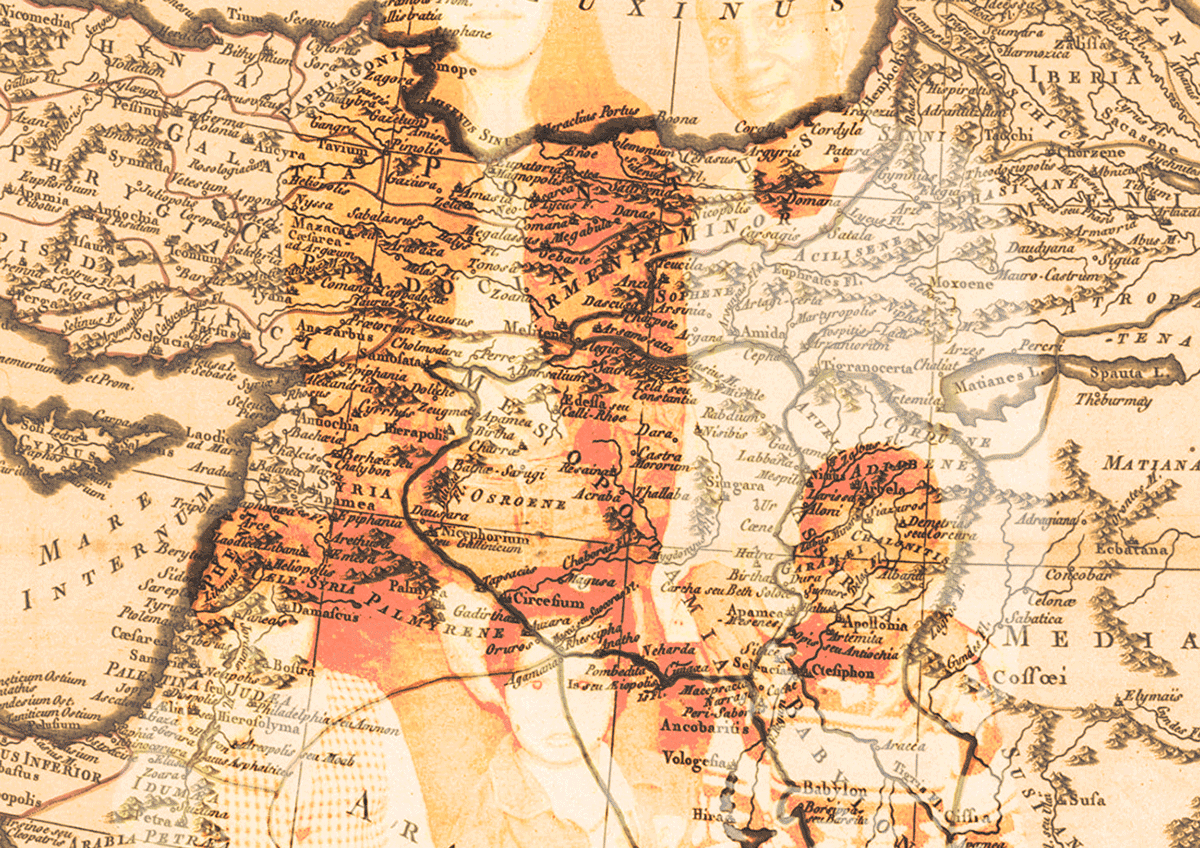
Where the fear comes from
As I stood in front of the building about to unlock my bike, my heart felt incredibly heavy. Biking away from the kind German civil servant sitting in her cubicle and the sterile smell in the waiting room, images of my mom kept flashing before my eyes. She looked small and helpless. My eyes filled with tears and before I knew it tears were rolling down my face.
Sitting on my bike, it was as if I was being pulled back into the ways I felt as that little girl, standing beside my mom as we made it to this foreign continent. I remembered the yellow slide my baby sister and I were playing on when we got arrested in Germany and were separated from our mom who was put in jail overnight. I also remembered the white sterile rooms where my mother kept crying as she was asked questions, or how we would travel from one big building to another upon arrival in the Netherlands. Apparently, we were “seeking asylum” in our new home. I remember not understanding why we had left our other home in the first place and I felt conflicted about our new surroundings. All the while, I watched my then 22-year old mom figure out how to build our asylum case to get a passport, child benefits for single moms, social housing, or where to buy phone cards to call our family. I could not place the weird language she was speaking with these tall, white-looking, and funny-smelling people, yet I sensed her fearful nervousness constantly.
As a kid, I did not understand any of it, I just accepted that fear as part of my reality. Today, as an adult that is slowly falling into consciousness, I understand that fear better than ever: it is the fear of having been born in the wrong country.
More and more memories came up. I remembered this one time I went shopping with my mom and the alarm went off as we exited the store – a seemingly mundane incident that has happened to nearly all of us at some point. And yet, I saw panic in her eyes as the (white) security guard approached us. I recognised a sense of fear in her overly-friendly demeanour towards him. My heart broke. We both knew we had nothing in our bags, but in that moment I saw so clearly that she was afraid people would racially profile her regardless of what she had done. What I recognised in her trembling eyes that day was the lingering fear of being punished for where she came from. Where we came from.
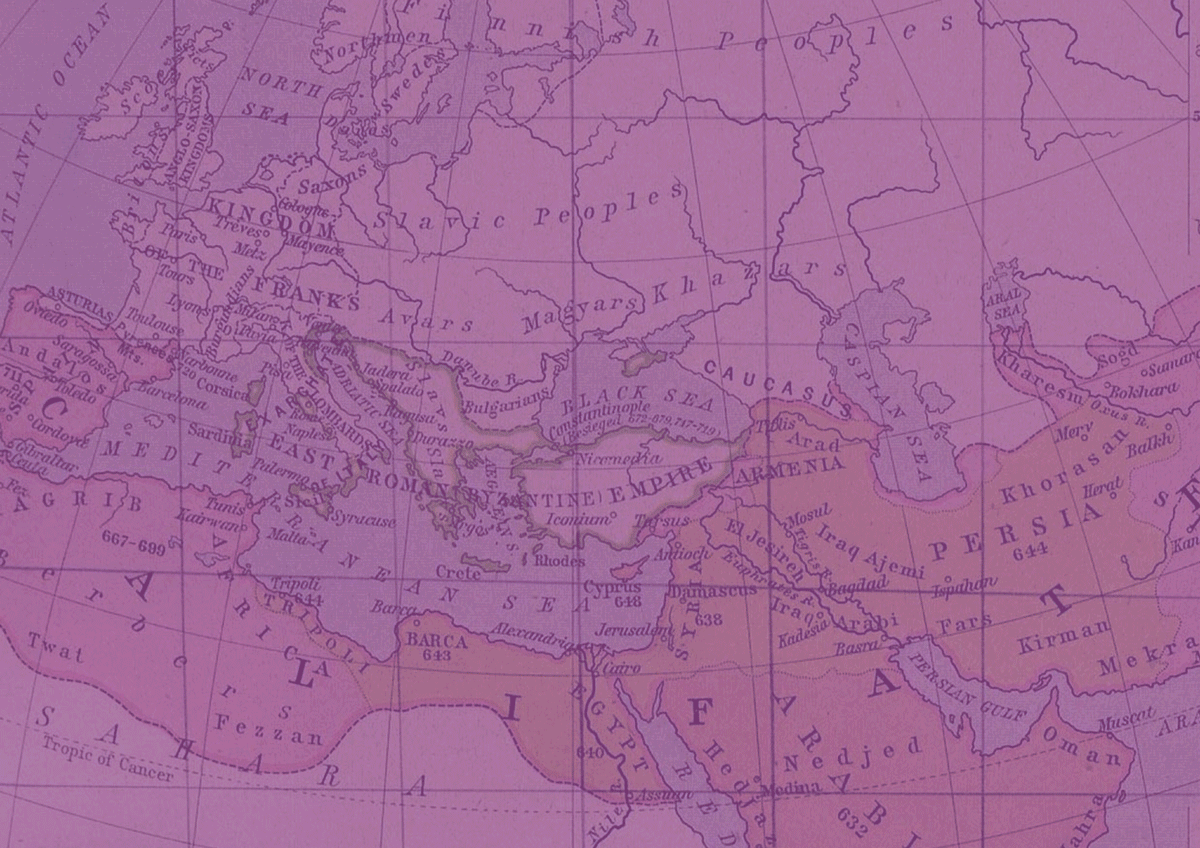
Why this fear matters, today more than ever, and what Corona is teaching us
Biologist Bruce Lipton talks about our “subconscious programming.” His research shows that the way people function in this world, i.e. how we subconsciously react to different situations, is determined in the first seven years of our life. The first three years mostly form our emotional associations whereas the first seven complete our cognitive associations. Our programming occurs as a direct mirroring of the adults around us – we basically copy code our parents’ behaviour, albeit subconsciously.
Knowing this, I pulled my mind out of the emotional haze with some deep breaths and recollected myself on the bike. All of the sudden something clicked: my irrational yet lingering fear was not that irrational, but rather logical. It is rooted in learned childhood associations. The fears I associated with certain spaces as a refugee kid is still part of my body’s reactionary reality.
“As a kid, I did not understand any of it, I just accepted that fear as part of my reality. Today, as an adult that is slowly falling into consciousness, I understand that fear better than ever: it is the fear of having been born in the wrong country.”
I recognised in my nervousness the same energy I had felt as a child holding my mother’s hand. Years later, I still felt her powerlessness seep through me. Insecure about our future, afraid to be caught and treated unfairly for a mistake that was outside of our own control: having been born in the wrong country, in the wrong class. Having these flashbacks as a law-abiding citizen with a Dutch passport, made me understand this is not just my fear. It is my mother’s fear and that of many refugees, migrants, and working class individuals.
As we’re headed for a global financial crisis that will arguably be worse than the 2008 crisis, as usual the ones suffering the worst consequences will be those at the bottom. Yet, what Corona is teaching us is that we are only as strong as our weakest link, for as Coronavirus deepens inequality, inequality worsens its spread. Time keeps ticking and the alarm has been going off, humanity just decided to press snooze. COVID-19 is here to show us that it’s time to wake up. It’s showing us that Tom Hanks is as infectious as the undocumented immigrant, the lower-class folk, the refugee families, the single moms and the homeless.
_
Original artwork created exclusively for YEOJA Mag by Nilufar Zarre. For all COVID-19 related articles click here.



